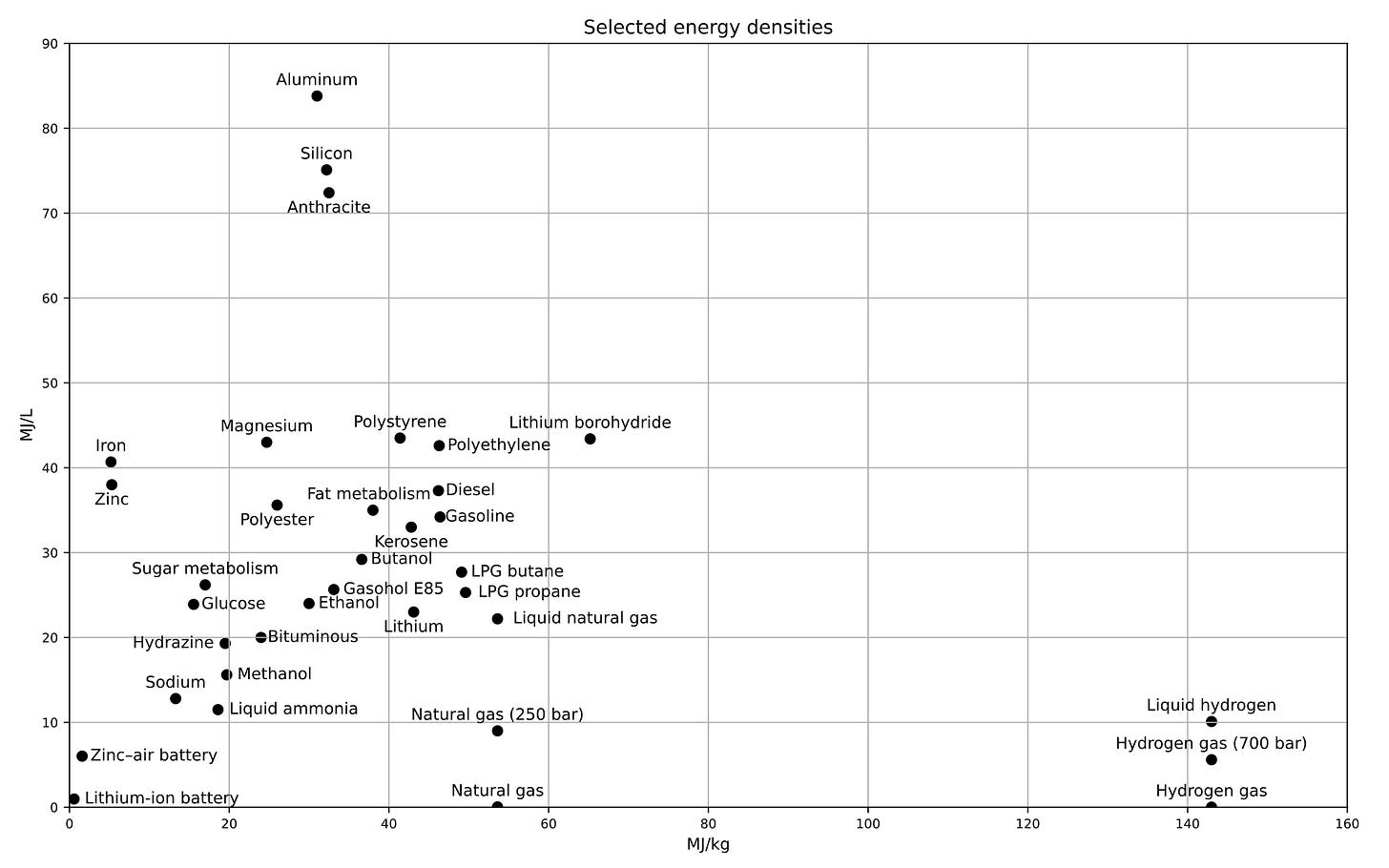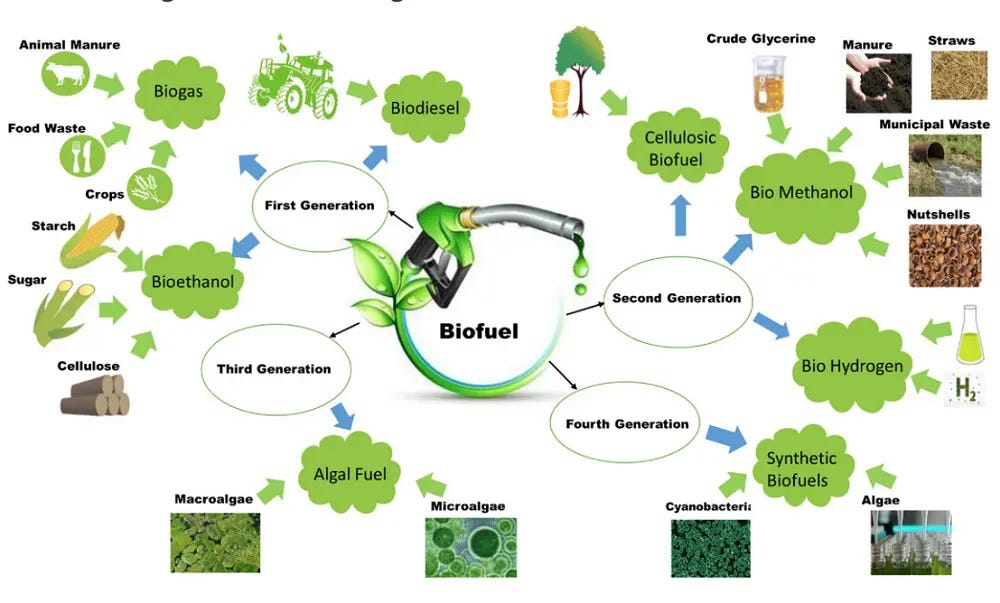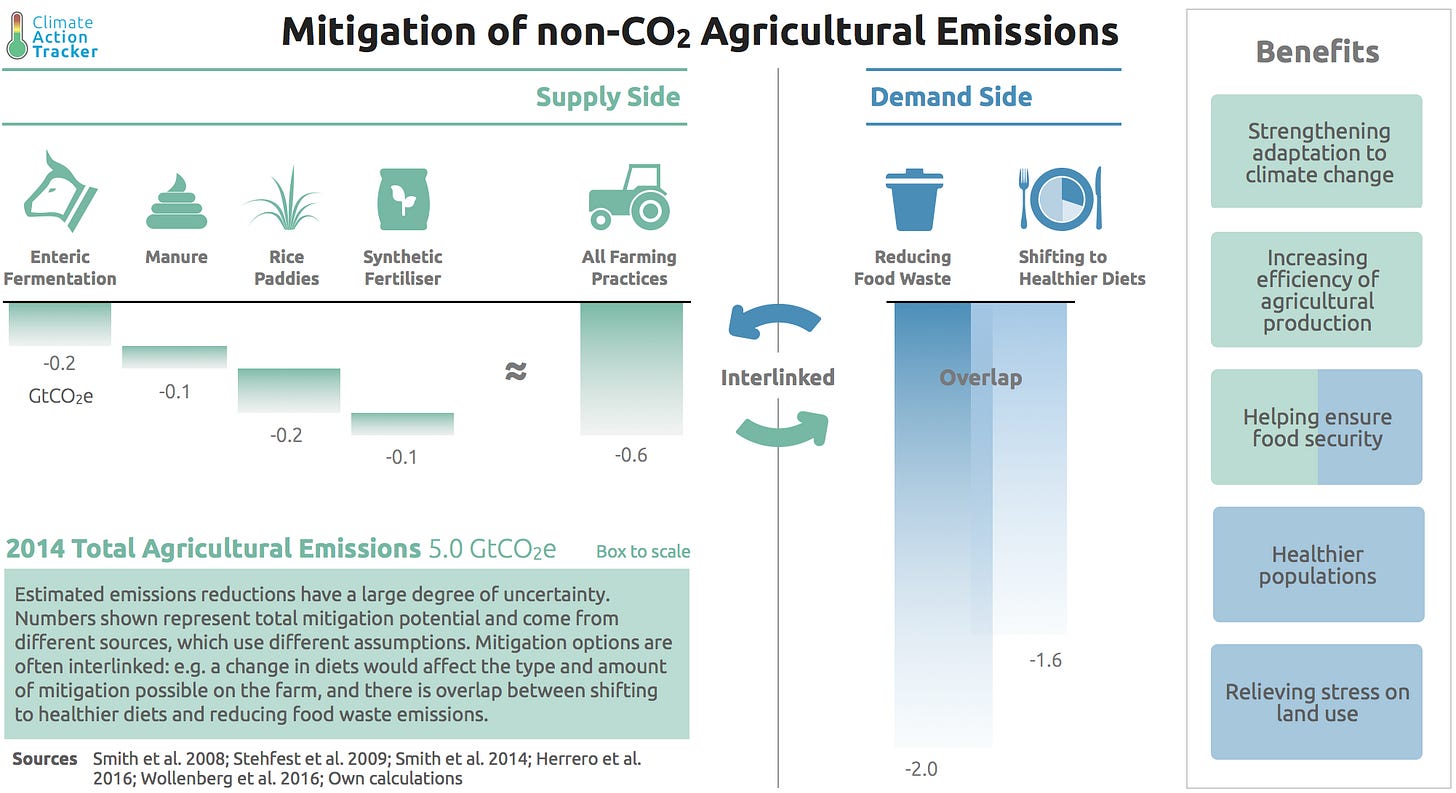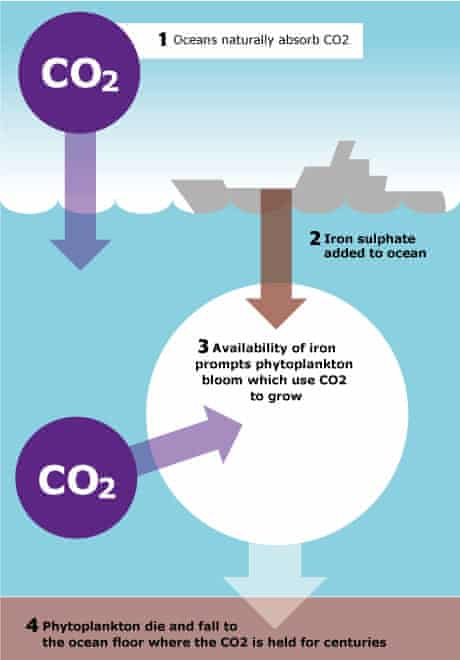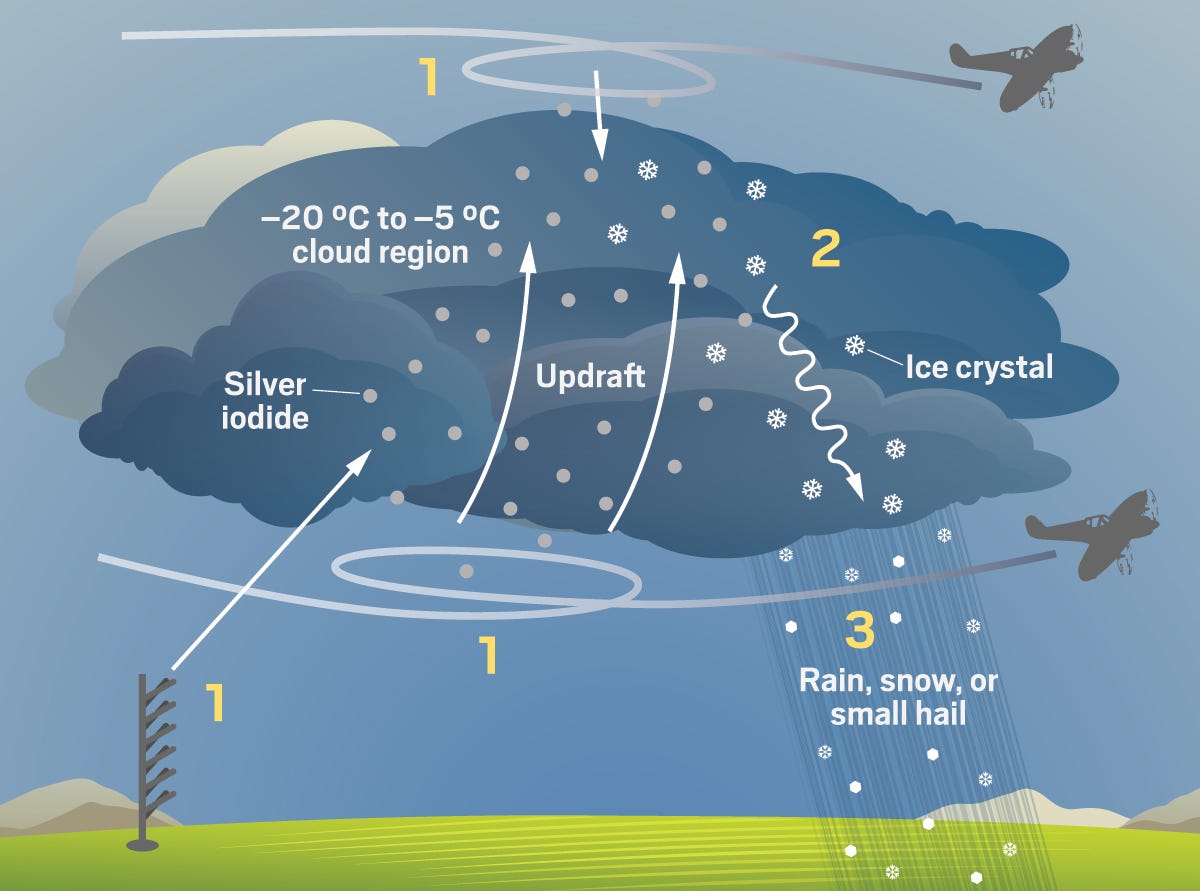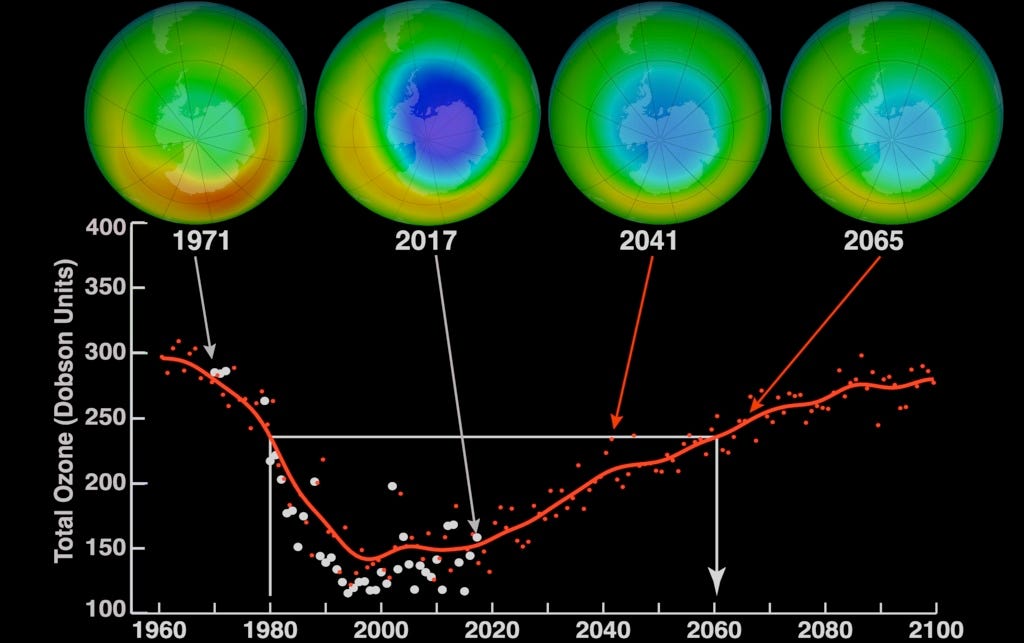Sustainable Carbon Practices, Carbon Sequestration & Climate Engineering
A new carbon economy is emerging
[TL;DR We can sustainably use carbon fuels & synthetic polymers]
Sustainable Carbon Practices
Biofuels
Automotive and other land based transportation can be fully electrified. In contrast, airplanes & rockets require the high energy density of hydrocarbons. New battery tech and advanced aerospace techniques may enable electrified flight vehicles, but Earth’s heavy gravity will forever necessitate the use of rocket fuel.
However, the good news is that there may be a way to sustainably produce and manage the use of combustibles. Biofuels are chemically similar to fossil fuels, but are produced over a short period of time. Moreover, biofuel production captures carbon from the atmosphere. Now you may argue that producing biofuels is an arduous and expensive process, and you are correct because the technology has yet to scale. In order to combat the eventuality of fossil fuel depletion we must plan to produce biofuels at scale.
Green Chemistry
Electric Heating
Modern Agricultural Methods
Biosynthetic Fabrics
Polyester, nylon, spandex, and other synthetic fabrics release many microplastics, but unfortunately natural fabrics such as cotton, merino, and linen cannot parallel the performance in low water retention and durability. With more research we may be able to synthesize biodegradable fabrics that can mimic properties of traditional synthetic fabrics.
Cleaning Up Synthetic Polymers
Oil based polymers will always be resistant to biodegradation and this is what sits at the core of the issue with plastics. That is unless we manage to engineer and proliferate plastic eating microbes.
Carbon Sequestration
Genetically Modified Plants
Algal Blooms/Iron Fertilization
Ocean Acidification
Carbon Capture?
Climate Engineering
Sometimes referred to as geoengineering or atmospheric engineering






